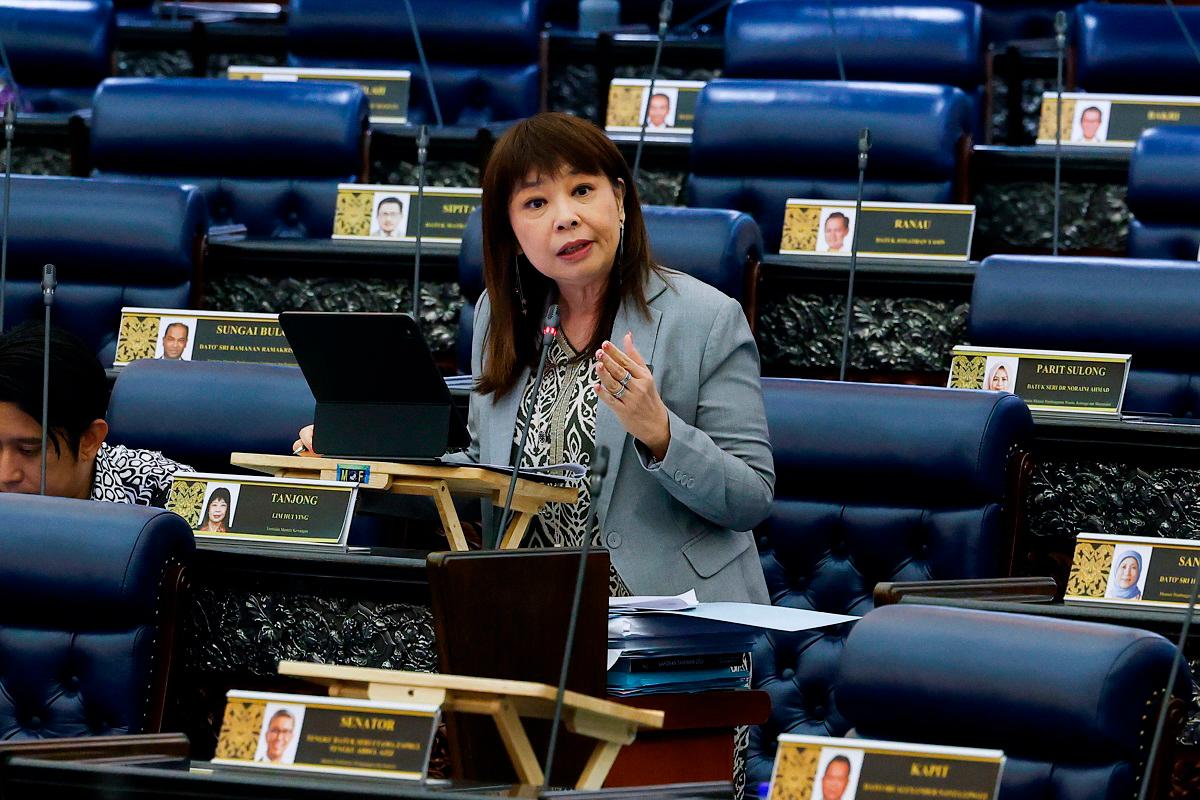PETALING JAYA: Malaysia’s household debt remains within manageable levels, standing at RM1.65 trillion as of March 2025 – equivalent to 84.3% of gross domestic product – with little change from the end of last year, according to the Finance Ministry.
During Minister’s Question Time in the Dewan Rakyat yesterday, Finance Deputy Minister Lim Hui Ying said household financial assets in the same period amounted to RM3.45 trillion, more than double the debt level.
“This provides a strong financial buffer for households and strengthens resilience against potential economic shocks,” she said, adding that all loans approved by financial institutions, including those to civil servants, are subject to Bank Negara Malaysia’s policy document on Responsible Financing to maintain debt sustainability. The policy document has been in place since 2012.
The framework assesses borrowers’ repayment capacity based on a minimum net disposable income and a set Debt Service Ratio (DSR) limit with the median DSR for total household loans at a prudent 34% as of end-2024.
“Regulation 13 of the Public Officers (Conduct and Discipline) Regulations 1993 prohibits serious indebtedness and requires a minimum monthly net salary of 40%. Data from the Insolvency Department shows that between 2020 and June this year, 4,194 bankruptcy cases involving civil servants were recorded, which is just 0.3% of the 1.6 million-strong public service workforce.”
Lim said support programmes remain in place to help households manage debt effectively, including advisory services and debt restructuring assistance offered by the Credit Counselling and Debt Management Agency for individuals facing repayment difficulties.
Meanwhile, she said the Public Service Department is strengthening financial literacy among public officers through the Mind Transformation programme, which provides early guidance on personal financial management for new recruits.
“The government acknowledges that civil servants often require financial assistance, with measures and negotiations in place to help them restructure and manage debt. Meanwhile, the banking sector monitors borrowers under the DSR framework. We also recognise that the rising cost of living has affected some civil servants and the government has implemented the Public Service Remuneration System and increased salaries for public servants.”
Additionally, Lim said allocations under the Payung Rahmah initiative help civil servants cope with living costs.
“As of March this year, housing loans made up 61.1% of total household debt – the largest share – with rising property prices posing a particular burden on civil servants. To address this, the government is implementing several affordable housing schemes, including the Residensi Madani and PR1MA programmes, targeting low and middle-income groups. The government remains committed to reviewing and improving such initiatives to ensure greater access to home ownership.”









